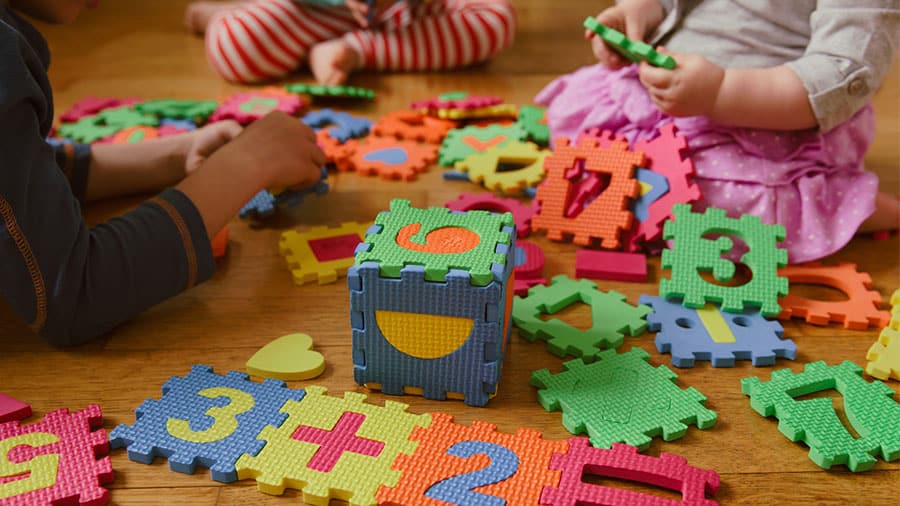How to Implement Self-Monitoring Strategies in the Classroom
What is Self-Monitoring?
Self-monitoring is a fundamental aspect of human behavior. It is the process of identifying, observing, and evaluating one’s behavior against what is deemed socially “normal.” Unlike adults, most young children cannot self-monitor. A young child’s response to dissatisfaction is typically shown through screaming or crying. An adult is significantly less likely to react this way due to their ability to regulate emotions against what is socially acceptable.
While most children learn to self-monitor as they age, children with developmental disabilities may not master these skills without support and instruction. At special schools like The Deron School, our staff are professionally trained to help students self-monitor their behaviors and regulate their emotions.
Let’s look at a few self-monitoring strategies that instructors can use in the classroom:
Self-Monitoring Strategies for the Classroom
Create Flexible Seating
Children that have difficulty with self-monitoring typically struggle with regulating their movement. To combat this, providing flexible seating charts allows children to move throughout the day and witness a change of scenery. By doing this, children won’t feel confined to their original seat and will help them focus more effectively on the lesson.
Assign Classroom Jobs
Another way to get children excited about a lesson is to set up jobs/tasks for each student. This will help them self-regulate their attention and emotions. Instructors will also benefit by getting a few extra sets of helping hands.
Use Movement Breaks
When children that struggle with self-monitoring get overwhelmed, it can cause a wide array of classroom disruptions. To alleviate this, instructors should implement regular movement breaks throughout the day. This will help children get their energy out and get back on track for the remainder of their lesson time.
Rethink Lesson Time
For children with developmental disabilities, sitting through long lessons or lectures can be extremely difficult. Instructors should rethink the length of their lessons or, if that isn’t possible, implement more interactive lessons and activities into the classroom to keep children stimulated and engaged.
Utilize Sensory Tools
For special needs children, especially those with Autism, adding sensory toys and tools into a lesson can tremendously help with self-monitoring. Sensory play helps these children stimulate the brain, improve sensory processing, and develop gross motor skills. Additionally, sensory stimulation provides children with the ability to self-regulate and calm down when overworked or overwhelmed.
How The Deron School Can Help
Since 1967, the Deron School has offered a state-approved private school program and services tailored to fit your child’s needs. If you believe that your child would benefit from our wide array of resources and services, don’t hesitate to reach out to our leadership team with any admission inquiries.
